Table of Contents
CAA comes into force in the country today, the central government issued a notification
The notification of the Citizenship Amendment Act (CAA) rules has been released today, Monday. The notification regarding the rules of CAA has been issued by the Union Home Ministry at 6 pm on Monday. The notification of the Citizenship Amendment Act (CAA) rules before the announcement of the Lok Sabha elections is a big decision of the central government.
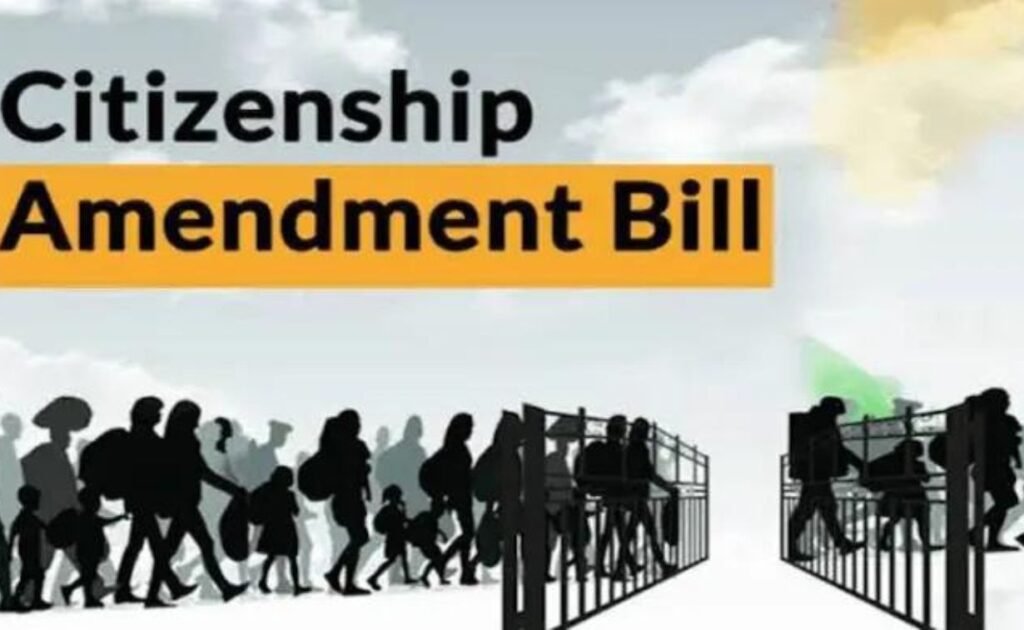
Before the Lok Sabha Elections 2024, the Modi government has finally implemented the rules to the Citizenship Amendment Act in the country. Government sources said that the Ministry of Home Affairs issued the notification of CAA in the country. This means that the CAA rules have now come into force in the country. The government led by Prime Minister Narendra Modi on Monday announced the implementation of the Citizenship Amendment Act (CAA). The move comes ahead of the implementation of the Model Code of Conduct (MCC) ahead of the Lok Sabha elections in 2024.
The CAA was an integral part of the Bharatiya Janata Party’s manifesto for the 2019 Lok Sabha election. With the issuance of CAA rules, the way to get citizenship in India has also been opened for migrants coming from Hindu, Sikh, Jain, Parsi, Buddhist, and Christian communities of Afghanistan, Bangladesh, and Pakistan.
The Modi government will start granting Indian nationality to persecuted non-Muslim migrants — Hindus, Sikhs, Jains, Buddhists, Parsis, and Christians — from Bangladesh, Pakistan, and Afghanistan who came to India on December 31, 2014.
The CAA was passed in December 2019 and later got the assent of the President, but there were protests in many parts of the country against it. More than 100 people lost their lives during anti-CAA protests or police action. According to the Parliamentary Business Rules, rules of any law have to be framed within six months of the assent of the President or the government will have to seek extensions from the subordinate legislative committees in Lok Sabha and Rajya Sabha. Since 2020, the Home Ministry has been seeking extensions from parliamentary committees at regular intervals to frame rules.
Let us Understand all about CAA
What is the Citizenship Amendment Act?: The CAA Amendment Act 2019 opens the way for granting Indian citizenship to minorities from three neighboring countries (Pakistan, Afghanistan, and Bangladesh) who have long taken refuge in India. There is no provision in this law to take away the citizenship of any Indian, irrespective of religion. There is no threat to citizenship of Muslims of India or people of any religion and community.
When was CAA passed?: The CAA was passed in the Indian Parliament on December 11, 2019, with 125 votes in its favor and 105 votes against it. The Bill was approved by the President on December 12. While the Modi government and its supporters are calling it a historic step, it is being strongly opposed by the opposition, Muslim organizations. The full form of the Citizenship Amendment Act i.e. CAA is Citizenship Amendment Act. It was CAB (Citizenship Amendment Bill) before it was passed in Parliament. After the approval of the President, this bill became the Citizen Amendment Act (CAA, Citizenship Amendment Act).
Why the controversy over CAA?: The CAA seeks to grant Indian citizenship to illegal immigrants from specific religious communities (Hindus, Sikhs, Jains, Christians, Buddhists, and Parsis) from Afghanistan, Bangladesh, and Pakistan. Some critics say the provision is discriminatory because it excludes Muslims. Due to this, it is surrounded by controversies.
Why have Muslims not been added to the CAA so far?: Home Minister Amit Shah had told Parliament about the Citizenship Amendment Act that Afghanistan, Pakistan, and Bangladesh are Muslim countries. There is no persecution of the majority of Muslims in the name of religion, whereas in these countries people of other communities including Hindus are persecuted based on religion. Therefore, Muslims in these countries have not been included in the citizenship law. However, even after this, he can apply for citizenship, which the government will consider and decide.
Who will get citizenship?: After the CAA is implemented, the right to grant citizenship will be completely with the central government. Refugees belonging to Hindu, Sikh, Buddhist, Jain, Christian, and Parsi religions from Pakistan, Bangladesh, and Afghanistan will be given Indian citizenship. Explain that only those who had settled in India before December 31, 2014, will get citizenship. Under this law, those people who have entered India without valid travel documents (passport and visa) or have come to India with valid documents, but have stayed here for more than the prescribed period are considered illegal migrants.
How to apply for citizenship?: The entire process of getting citizenship has been kept online. An online portal has also been prepared. To get citizenship, applicants have to tell the year when they entered India without any documents. No documents of any kind will be asked from the applicant. All pending cases related to citizenship will be transferred online. The eligible migrants will have to apply by simply visiting the online portal. After which the Ministry of Home Affairs will examine the application and citizenship will be issued to the applicant.
Why CAA and UCC have not been implemented yet?: There has been a ruckus in many states of the country regarding the implementation of CAA and UCC. Many states witnessed protests against the CAA and UCC, due to which these laws could not be implemented. Because of the continuous protests in many states, the central government also presented its arguments. The central government had said that gender equality cannot be implemented until the Uniform Civil Code is implemented in the country.
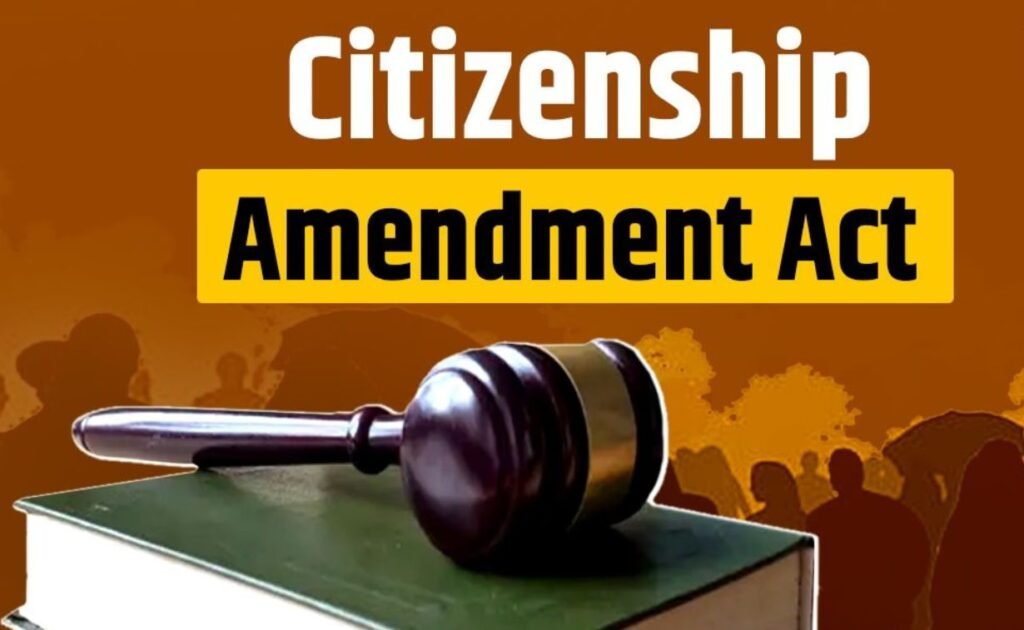
What is the Uniform Civil Code?: Discussions have once again intensified about the Uniform Civil Code. The government has given indications of implementing it, and since then there has been a discussion among the people about UCC. Explain that UCC talks about making a uniform, equal law for all religions, and communities in the country. In simple language, this law means that the law will be uniform for all religions and communities in the country. Existing different laws based on religion and religion will become ineffective.
Explain that there will be many changes after the implementation of UCC. For example, there will be one rule for everyone in marriage, divorce, adoption, and property. There will be equality in mutual relations and the rights of family members. There will be no relaxation in rules based on caste, religion, or tradition. There will be no separate rule for any particular religion.
What is the constitutional validity of UCC?: The Uniform Civil Code comes under Article 44 of the Constitution. It states that the states shall endeavor to secure for the citizens a Uniform Civil Code throughout India. Under this article, there is a demand to implement this Uniform Civil Code in the country.
What will be the changes when UCC is implemented?: Explain that after the implementation of UCC, cases like marriage, divorce, property, and adoption. At the same time, there will be the same law for marriage and divorce in every religion. The law which will be for Hindus will also be for others. You will not be able to marry more than one without divorce. According to Shariah, the property cannot be divided.
Which religions are included in CAA?
The CAA comprises six non-Muslim communities Hindus, Sikhs, Christians, Jains, Buddhists, and Parsis. They can get Indian citizenship only if they have taken refuge in India on or before December 31, 2014.
What won’t change with the UCC coming into force?: Many stories are going on in people’s minds about UCC. Because of this many people are seen opposing it because they have various misconceptions about it. Know what will not change with the implementation of UCC – after the implementation of UCC, there will be no difference in the religious beliefs of the people. At the same time, religious customs will not be affected after the UCC is implemented. It is not that Pandits or Maulvis will not be able to get people married (there will be no change in that).
Comparison of Citizenship (Amendment) Bill, 2016 passed by Lok Sabha with Citizenship (Amendment) Bill, 2019 Citizenship (Amendment) Bill, 2016 (passed by Lok Sabha)
Citizenship eligibility for certain illegal migrants: The Act prohibits illegal migrants from acquiring Indian citizenship. Illegal migrants are foreigners who enter India without a valid passport or travel document or stay longer than the permitted time. The Bill amended the Act to ensure that Hindus, Sikhs, Buddhists, Jains, Parsis, and Christians from Afghanistan, Bangladesh, and Pakistan will not be treated as illegal migrants. To get this benefit, they would also have been exempted from the Foreigners Act, of 1946 and the Passport (Entry into India) Act, of 1920 by the Central Government. The 1920 Act mandates foreigners to carry passports, while the 1946 Act regulates the entry and exit of foreigners into India.
Citizenship by naturalization: The Act allows a person to apply for citizenship by naturalization if the person meets certain qualifications. One of the qualifications is that the person should have resided in India for at least 11 years out of the last 12 months and the last 14 years or have been in the service of the Central Government. The Bill made an exception for Hindus, Sikhs, Buddhists, Jains, Parsis, and Christians from Afghanistan, Bangladesh, and Pakistan concerning this qualification. For these groups of individuals, the 11-year requirement will be reduced to six years.
Grounds for cancellation of OCI registration: The Act provides that the central government can cancel the registration of OCIs on five grounds, including registration through fraud, showing disaffection towards the Constitution, engaging with the enemy during war, necessity, security in the interest of India’s sovereignty. State or public interest, or if OCI is sentenced to imprisonment of two years or more within five years of registration.
Another ground for cancellation of registration has been added in the Bill, that is if the OCI has violated any law applicable in the country. When the Bill was passed in the Lok Sabha, it was amended to limit the disqualification to violations of the Citizenship Act or any other law notified by the central government. Also, the cardholder will have to be allowed to be heard.
Amit Shah said a big thing about CAA
Recently, Union Home Minister Amit Shah had said no one can stop the implementation of the CAA as it is the law of the land. At the same time, West Bengal Chief Minister Mamata Banerjee accused the Center of misleading people about this.
Protests against CAA in many parts of the country
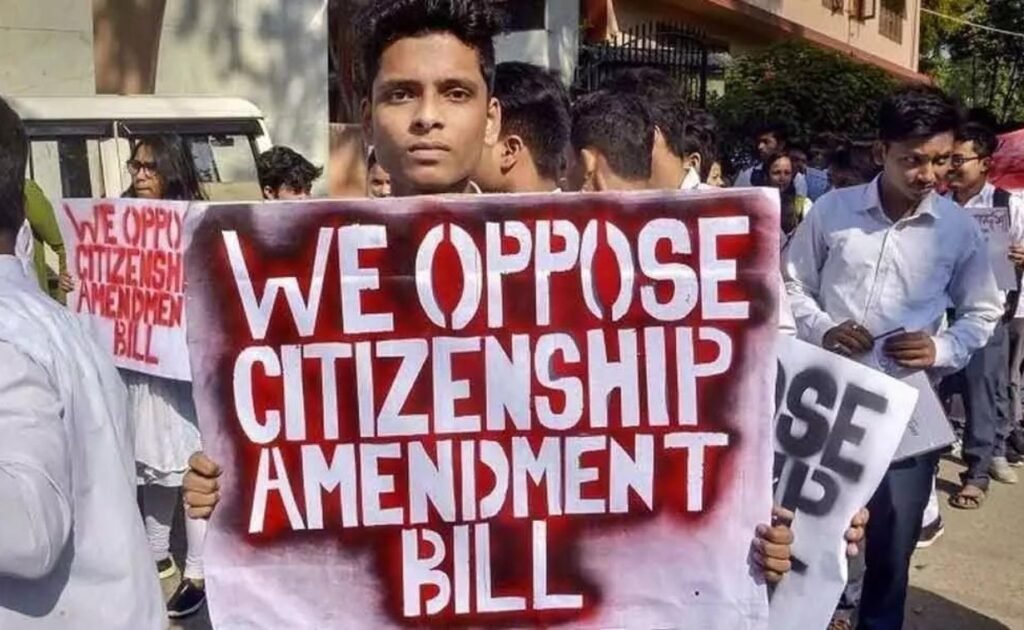
There were also widespread protests across the country, including in the National Capital Region and northeastern states, against the CAA. Protests in Assam and other northeastern states turned violent over fears that the move would harm their “political rights, culture and land rights”, and encourage more people to migrate from Bangladesh. The agitators said the new amendment to the citizenship law discriminates against Muslims and violates the right to equality enshrined in the country’s Constitution.
Many opponents also said that ‘the government will also reject the citizenship of Muslims living in the country through this’. The Muslim side also said that sects like Shia and Ahmadi also face persecution in Muslim-majority countries like Pakistan, but they have not been included in the CAA. It also questioned the exclusion of persecuted religious minorities from other countries like Tibet, Sri Lanka, and Myanmar. Due to such protests and controversies, the rules of CAA were not implemented in the country for five years. After passing from Parliament, it also got approval from the President.
Will oppose anything that discriminates: Mamata
CM Mamata Banerjee further said that if people are sent to detention camps in the name of NRC and CAA, she will protest. On speculation that CAA rules will be notified, Bengal CM Mamata Banerjee said, “Will oppose anything that discriminates against people. Asked about the possibility of the Centre notifying the CAA rules today, West Bengal Chief Minister Mamata Banerjee said, “Let me see the rules first. The notification has not been issued yet. If people are denied their rights under the rules, we will fight against them. This is BJP’s campaign for elections and nothing else,” She said.
On the possibility of notifying CAA rules, She said, “Let me first see the rules. The notification has not been issued yet. If people are denied their rights under the rules, we will fight against it. This is BJP’s campaign for elections, nothing else. “
CM Himanta Biswa Sarma warns against opposition’s agitation against CAA
Assam Chief Minister Himanta Biswa Sarma on Sunday said that the registration of political parties may be canceled if they call for a bandh in violation of the court order. Any protest against the Citizenship (Amendment) Act (CAA) has to be taken to the Supreme Court and there will be no benefit from taking to the streets once the law is enacted. He was reacting to warnings of intense agitation by the opposition and student organizations over the implementation of the CAA. During this, he said that everyone has the right to protest.
He said student organisations are allowed to call for bandh but political parties cannot do so as the Gauhati High Court has banned the bandh in the state. If we do not follow the High Court order, we will go to the Election Commission. He said that only the Supreme Court can strike down the law now. In such a situation, those opposing the CAA should put their views before the apex court. He said the agitation should have been carried out before the law was passed. Now, it is a matter of notifying the rules, which is the obligation of the Government.
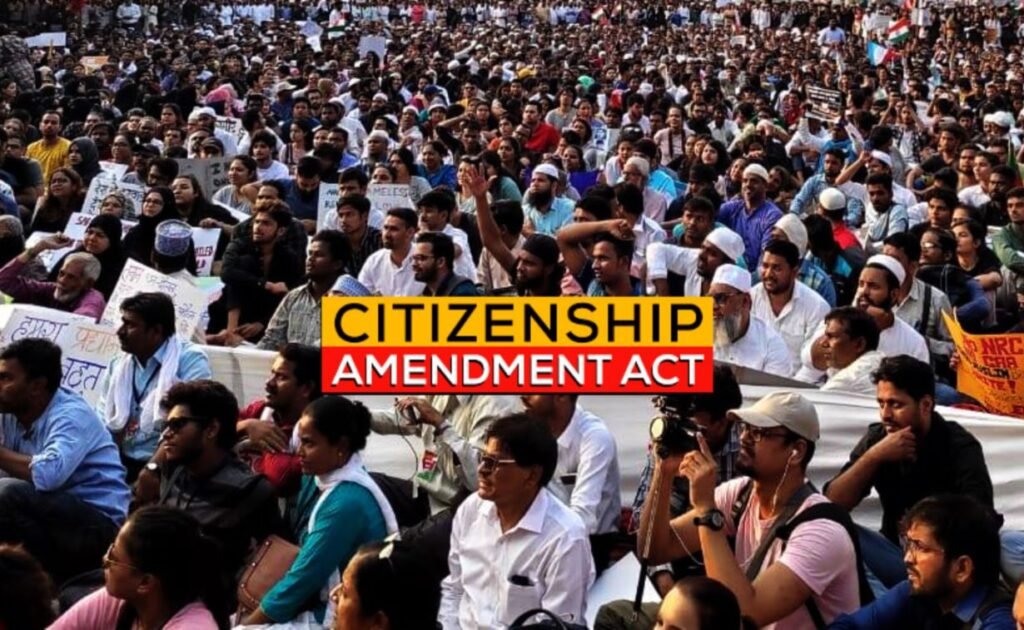
Conclusion From aAditri Digital
In conclusion, the notification of the Citizenship Amendment Act (CAA) rules marks a significant milestone in Indian legislative history, as the central government implements a key aspect of its agenda. The decision to enact these rules just ahead of the Lok Sabha elections demonstrates the government’s commitment to fulfilling its electoral promises. By granting Indian citizenship to persecuted minorities from neighboring countries, the CAA aims to provide refuge to those who have faced religious persecution.
However, the implementation of the CAA has not been without controversy. Critics argue that the exclusion of Muslims from its provisions is discriminatory and violates the principles of equality enshrined in the Constitution. Furthermore, concerns have been raised about the potential impact on India’s social fabric and secular ethos.
The protests and debates surrounding the CAA highlight the complexities of India’s diverse society and the challenges of reconciling competing interests. While supporters view it as a necessary measure to protect persecuted minorities, opponents fear it may marginalize certain communities and undermine the country’s secular principles.
Looking ahead, the successful implementation of the CAA rules will depend on effective governance, transparent processes, and inclusive policies. The government needs to address the concerns of all stakeholders and ensure that the rights and dignity of every individual are respected.
Moreover, the ongoing discussions about the Uniform Civil Code (UCC) add another layer of complexity to the socio-political landscape. While the UCC aims to establish uniform laws governing personal matters across religious communities, its implementation requires careful consideration and widespread consultation.
In navigating these challenges, policymakers must uphold the principles of justice, equality, and pluralism that are foundational to India’s democratic ethos. By fostering dialogue, promoting inclusivity, and respecting diverse perspectives, India can chart a path forward that honors its rich cultural heritage while embracing the aspirations of all its citizens.
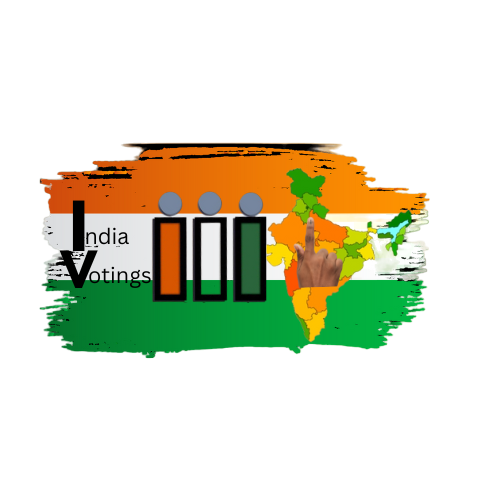




Leave a Reply